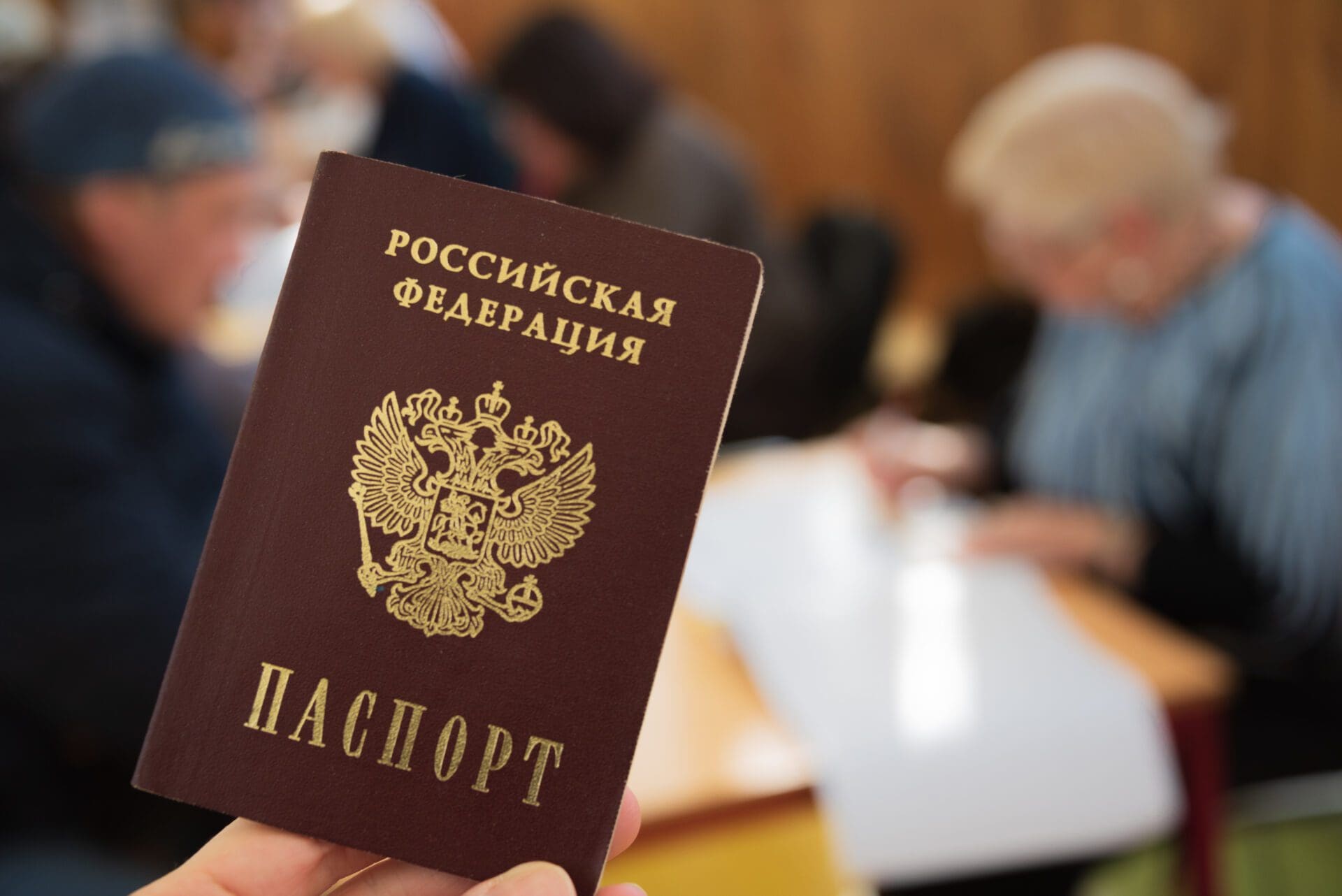While Russians are desperately trying to flee their country to escape mobilisation, their struggle for life and personal freedom receive little empathy from the West. Estonia, Latvia, Lithuania, Norway, Denmark, Finland, Poland, and Czechia have all supported the visa ban for Russian nationals in one way or another. While, for example, Finland and Denmark cut the number of Tourist Schengen Visas issued to citizens of Russia, Estonia pursued a total visa ban for them. Hungary, Germany, Portugal, and Greece, on the other hand, opposed restrictions on Schengen visas for Russians. While the European Union has not formally agreed on the visa ban for Russians, the process of obtaining a Schengen visa has become much more difficult for them. This poor judgement, which comes from a bloc that just a decade ago was in favour of letting illegal immigrants in, may result in unnecessary suffering for many people.
Some countries try to justify the ban on Schengen visas for Russians by arguing that it is ‘in solidarity with Ukrainians suffering in the war zone’. But why is it ‘solidarity’ to keep Russian men in Russia, where they can potentially be drafted into the army to fight against Ukrainians ‘suffering in the war zone’? Would not it be more reasonable to help Russian men escape mobilisation? A more convincing argument for restricting Russians’ access to Schengen visas was put forth by Foreign Policy: an article in the magazine argued that while Ukrainians are suffering from the war, many Russians are enjoying their holidays in European countries. To send a strong message to these Russians about the wrongdoings of their government, their access to touristic pleasures on the French and Italian Rivieras should be cut off. Or, as Finnish Prime Minister Sanna Marin put it, ‘it is not right’ to let Russian citizens live ‘a normal life’ and travel in Europe while their government is waging a war.
According to BBC News Russian, 72 per cent of Russians do not even have foreign passports
However, there are some important points that this argument does not take into account. First, there are no Russian masses that tour around Europe on holiday. According to BBC News Russian, 72 per cent of Russians do not even have foreign passports. 69. per cent of Russians have never gone on holiday abroad in their life, and only 2 per cent of Russians said that they had been abroad last year; as a matter of fact, 30 per cent of Russian survey respondents have never even gone on vacation outside their native region yet. Although the proportion of Russians who could travel abroad was low even before the war, stopping air travel between Europe and Moscow further reduced Russians’ access to luxury European holidays. So whatever message pro-visa ban politicians are trying to send, it is not going to reach ordinary Russians.
The second problem that the pro-visa ban side apparently does not consider is that such a decision could do more harm than good by trapping Russians trying to flee their country for their lives. While it has been suggested that Russian journalists and oppositional figures should be able to apply for asylum in European countries, ordinary Russian citizens who are now at risk of being mobilised and want to flee the country cannot successfully file an asylum claim. Although Germany proposed to give asylum to deserters, since Russia does not allow anyone with a mobilisation letter to leave the country, men of military age should be encouraged to leave Russia before they are mobilised (and therefore, until they have the opportunity to apply for asylum). As the Baltic countries bordering Russia restrict the entry of Russian nationals, it is gradually becoming more and more difficult to leave Russia, trapping even those in the country who could have saved their lives if European countries had the compassion to let them in.
Hungary is one of the very few European countries that still issues visas for Russians
A couple of days ago, I heard a shocking story from someone who overheard a conversation in Moscow. In the conversation, a father of two said that he is applying for an immigrant visa to Hungary because Hungary is one of the very few European countries that still issues visas for Russians. It is somewhat paradoxical that Hungary, which became infamous for its opposition of illegal immigration in the 2015 migrant crisis, is now one of the few countries that supports sheltering Russians fleeing war and mobilisation. Countries that championed the migration wave of 2015 admitting large number of illegal immigrants by reference to humanitarian principles are now rejecting Russians who try to enter Europe through legal ways. While the security screening of immigrants was discarded during the 2015 migrant crisis, suddenly national security is heard as an argument against allowing Russians into Europe. The concern that there might be pro-Kremlin informants among Russian migrants can easily be resolved as Russians try to enter Europe legally, first obtaining visas that enable to screen them on an individual basis. Hungary rightly insists that visas continue to be issued to Russian citizens, and that due processes are followed when assessing asylum seekers. Other countries should follow Hungary’s example and keep issuing visas for Russians, too.








